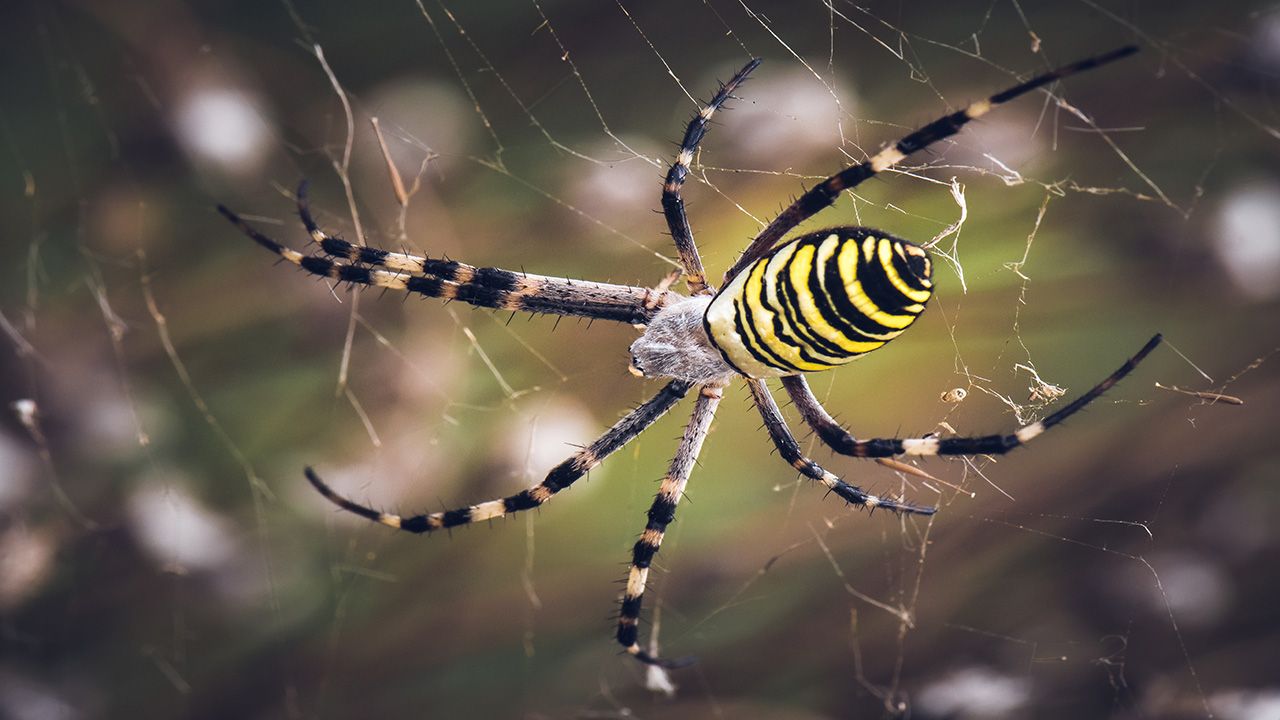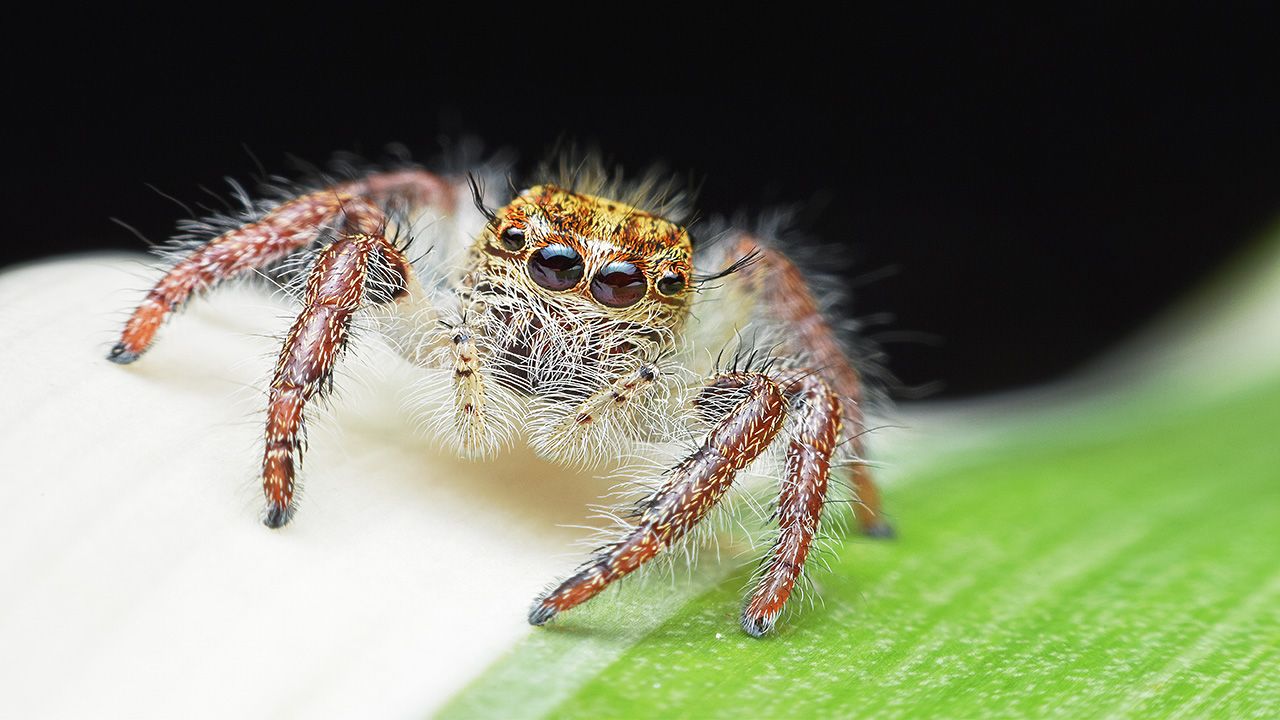You may have noticed a few more spiders crawling around the corners of your home or in your cabinets. They may also look a little bigger than usual.
There's a reason you always see more spiders in the fall than any other season.
Spiders are typically born in the spring. They take all summer to grow and grow, then by the fall, they are ready to come out. You can spot bigger spiders more easily than baby spiders.
Male spiders also look for that special someone in the fall. So, that's why you typically see more lone spiders roaming around. Female spiders are the ones that weave and stay on the web, so the male spiders need to find them. Spiders need to lay their eggs before winter sets in so they can hatch in the spring.
Lastly, as fall passes and the temperature starts to drop, spiders need to find a safe, warm place to stay for the winter. So, they seek shelter in homes.
Do the spiders look bigger this year? If you live in an area where the warm weather lasts into fall, or you're just having a mild fall, this can lead to more plump spiders.
With the warm weather continuing for a longer time, insects can thrive for longer. This means spiders can eat more before the cold weather hits, leading to bigger spiders.

There are some preventative measures you can take to keep the spiders away.
- Remove any webs as soon as they appear
- Seal any entry points and cracks around your home
- Keep the kitchen free of any food and crumbs
- Keep exterior lights off because the lights will attract insects which then attract spiders
Remember spiders do a lot of good for the environment! They eat pesky insects such as flies, cockroaches, fleas and mosquitos. This also helps the spread of disease these insects could carry. You should only kill them as a last resort.
Always try to relocate spiders if possible. A broom or a cup is an excellent way to move them to a different location.
Education also helps. If you can recognize what species of spider you're dealing with, you can see if it's more beneficial to just leave it be.
Our team of meteorologists dives deep into the science of weather and breaks down timely weather data and information. To view more weather and climate stories, check out our weather blogs section.
